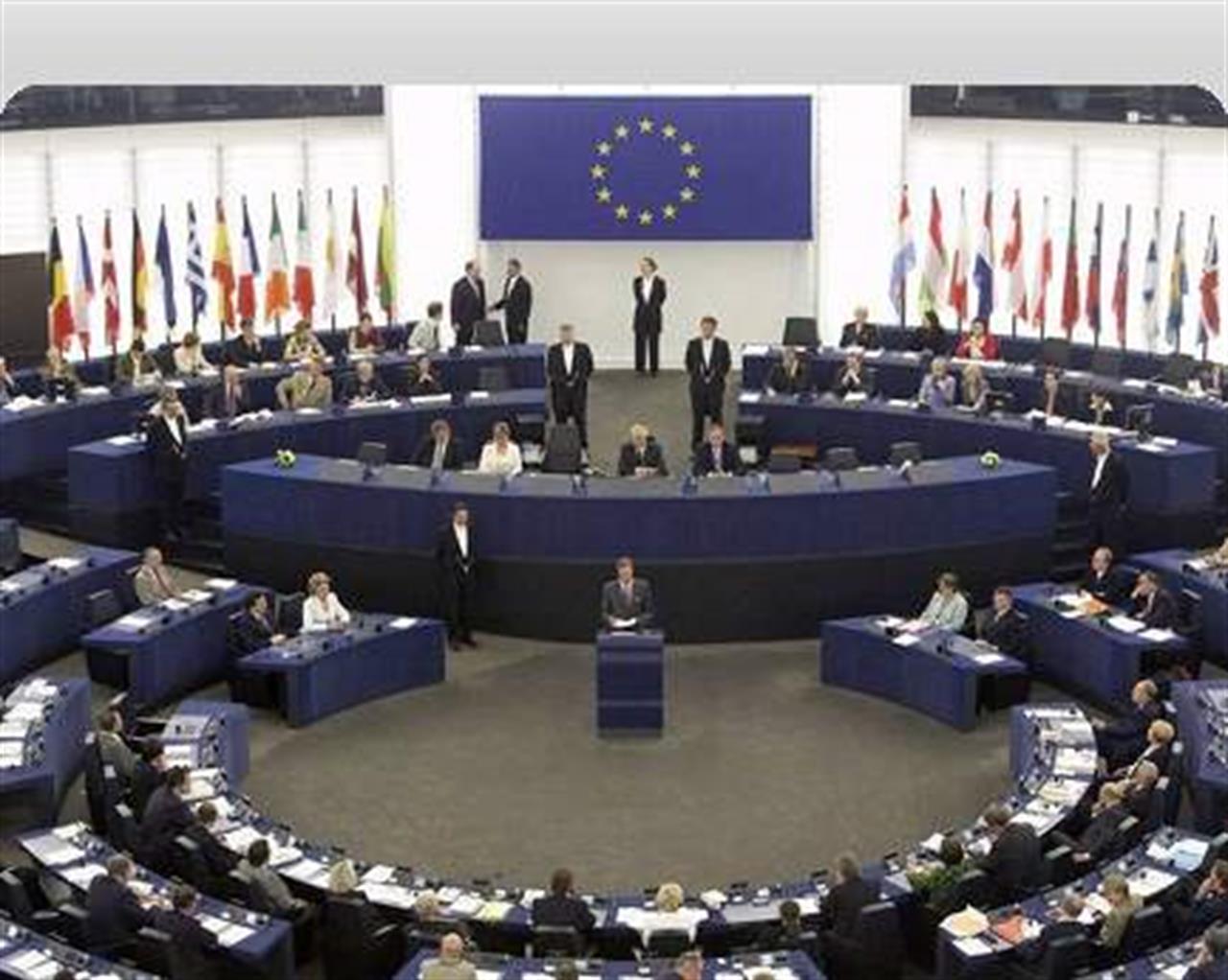Non profit
2011: A year for volunteers
Interview with MEP Marco Scurria: the EU year of volunteering should allocate 11m to NGOs
di Staff

By Joshua Massarenti in Brussels
“No campaigns and no conferences, the 11 million euros for 2011 should go to finance the work of non profit organizations” announces MEP Marco Surria.
Non profit organisations boast a hundred million volunteers and between three to five per cent of GDP. These figures illustrate the added value that the world of volunteering can offer Europe. “A world that has grown exponentially over the past 20 years and one that the European institutions are getting to know and to respect. But the road ahead is still long,” says Marco Scurria, President of the Modavi Movement for Italian Volunteering and the EU deputy for the PDL party. In Brussels, Scurria is best known for championing the dossier that convinced the European Commission to make 2011 the year of volunteering. “It was a long and hard battle but the EU institutions couldn’t continue to ignore this reality. This is a fundamental opportunity that European and Italian volunteers should exploit so that they can grow, change and strengthen their presence in Europe.” For the rest, “in this time of economic crisis, there has never been such a need for solidarity.”
The European year for the fight against poverty is sliding into absolute indifference. Could the same thing happen to the year for volunteering?
It is clear that I do not want to have the same communication campaign or the same classic conventions for organisations travelling across Europe. Promoting volunteering for the sake of saying how great volunteering is doesn’t have any sort of added value. It seems to me that it would be much more useful and concrete to launch a series of initiatives and activities in favour of third sector associations in Europe. We have collected 11 million Euros. Three million will be used in preparation and eight million during 2011. We have asked that these funds go towards associations. That they support social and cultural projects and that a common planning model be built between associations and volunteers in Europe. The harmonization of the European panorama is a fundamental step.
Concretely what does this mean?
We want to understand if there are volunteering models that can be reproduced from one country to another. Today Italy boasts a well developed volunteering model and also on strong a legislative field in respect to newer EU countries from the East. The exchange of best practices will be an important moment that could open the door to the possibility of combining or mixing different models. The next step will be the elaboration of some sort of White Book in which we will say to the European Commission that the theme of volunteering is one that needs to be further developed. The final objective is to exploit what the new Lisbon treaty has to offer the solidarity movement. Organisations can launch parliamentary initiatives that favour the harmonization of volunteering legislation at the European level and why not give birth to an ad hoc European agency.
What do you expect of Italy in 2011?
I have suggested that the Italian authorities refrain from making the usual funding pledges to thousands of small associations. Supporting the world of volunteering is important but it is also necessary to think up big initiatives that can survive the test of time and that favour the Italian third sector. For the rest, here in Brussels the presence of this reality is growing. You need only think of the massive work that the National Coordination Body of Volunteer Support Centres produced to insure the birth of this year of volunteering.
Cosa fa VITA?
Da 30 anni VITA è la testata di riferimento dell’innovazione sociale, dell’attivismo civico e del Terzo settore. Siamo un’impresa sociale senza scopo di lucro: raccontiamo storie, promuoviamo campagne, interpelliamo le imprese, la politica e le istituzioni per promuovere i valori dell’interesse generale e del bene comune. Se riusciamo a farlo è grazie a chi decide di sostenerci.
